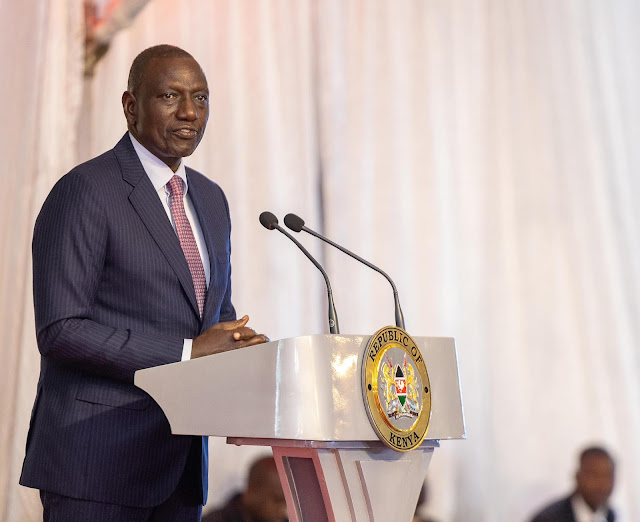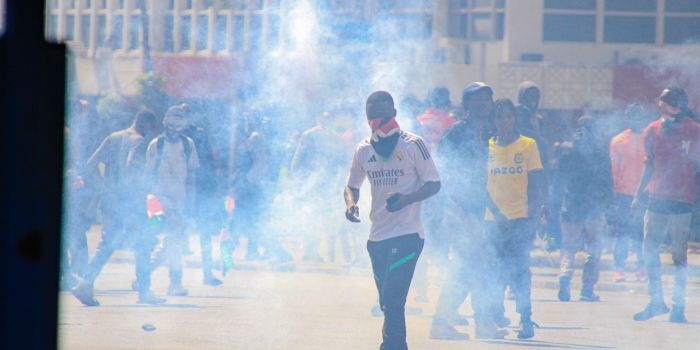
The Elimu Bora Working Group (EBWG), a prominent education advocacy initiative linked to the Kenya Human Rights Commission (KHRC), has issued a set of seven demands to the government, spotlighting critical challenges within the education sector.
In a statement released on January 6, the group denounced the government’s handling of the Junior Secondary School (Grade 9) transition, underfunding of basic and higher education, misuse of public funds, exploitation of students and parents, and gaps in policy enforcement. The statement emphasized the urgent need for reforms as schools prepare for the busy first term.
“Kenya’s education system is in crisis,” EBWG declared. “Core elements of free, inclusive, and quality education have been undermined, leaving the future of learners at stake.”

The group highlighted the following concerns:
- Poor planning for the Grade 9 transition in 2025.
- Insufficient funding for Junior Secondary Schools (JSS), with five out of six institutions reportedly overlooked due to past allocations from constituency development funds.
- An alarming teacher-to-student ratio, threatening the quality of education delivery.
To address these issues, EBWG presented seven key demands to President William Ruto’s administration:
- Immediate support for Grade 9 students to ensure a seamless transition to senior school.
- Free, quality education for all learners starting January 2025.
- Elimination of tuition and admission fees for parents and guardians.
- Strict measures to recover and prevent misuse of public funds in schools, as flagged by the Auditor-General.
- Swift establishment of the Standards and Quality Assurance Council to uphold educational standards.
- Restoration of trust in examinations, beginning with the timely release of the 2024 KCSE results.
- Allowing students to choose courses and institutions based on merit rather than financial ability.
The group accused the government of constitutional violations, noting that the right to free and compulsory basic education remains inaccessible to many children due to hidden costs like tuition and admission fees. This issue extends to higher education, where students in Technical and Vocational Education and Training (TVET) institutions and public universities face arbitrary fee hikes, exceeding the limits set by the Higher Education Loans Board Act.
EBWG also raised concerns about the mismanagement of education funds, pointing out that many students are sent home over unpaid fees while significant resources are misappropriated.
Additionally, the group criticized delays in implementing policies to safeguard education quality, such as the establishment of the Standards and Quality Assurance Council. Despite court directives mandating the council’s formation, it remains absent, leaving key responsibilities like monitoring curriculum delivery, assessments, and overall institutional standards unmet.
This wave of criticism coincides with the ministry’s release of KPSEA results on January 6 and the anticipated announcement of KCSE results, underscoring mounting pressure on the government to address inefficiencies and restore faith in the education system.



